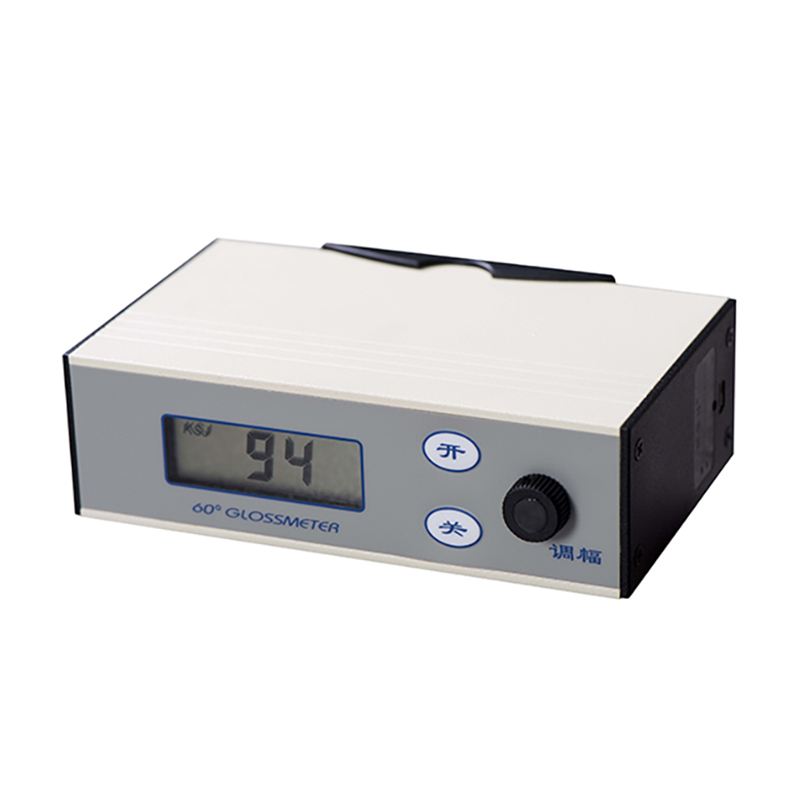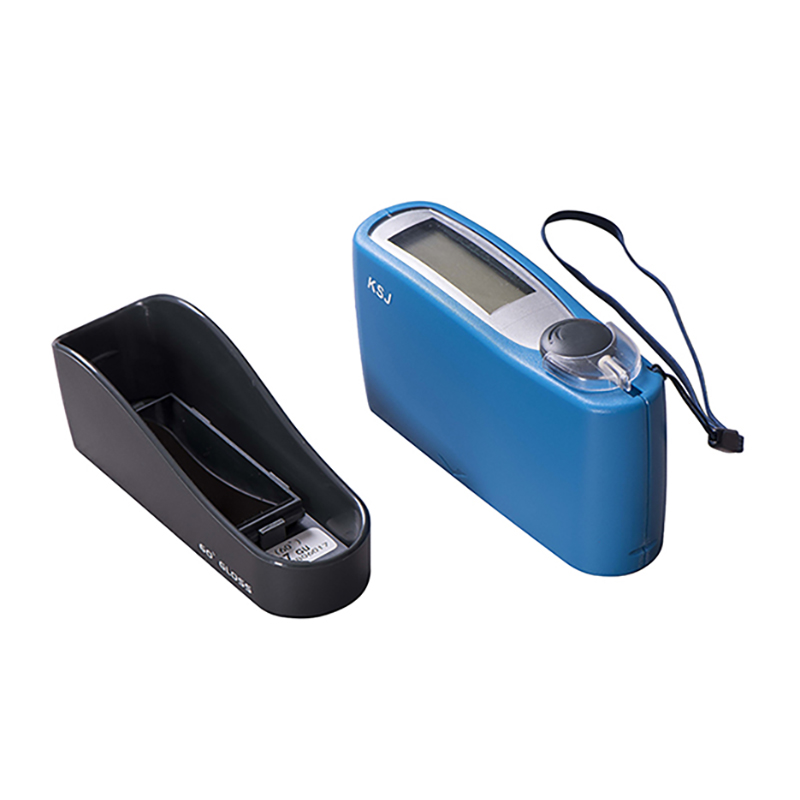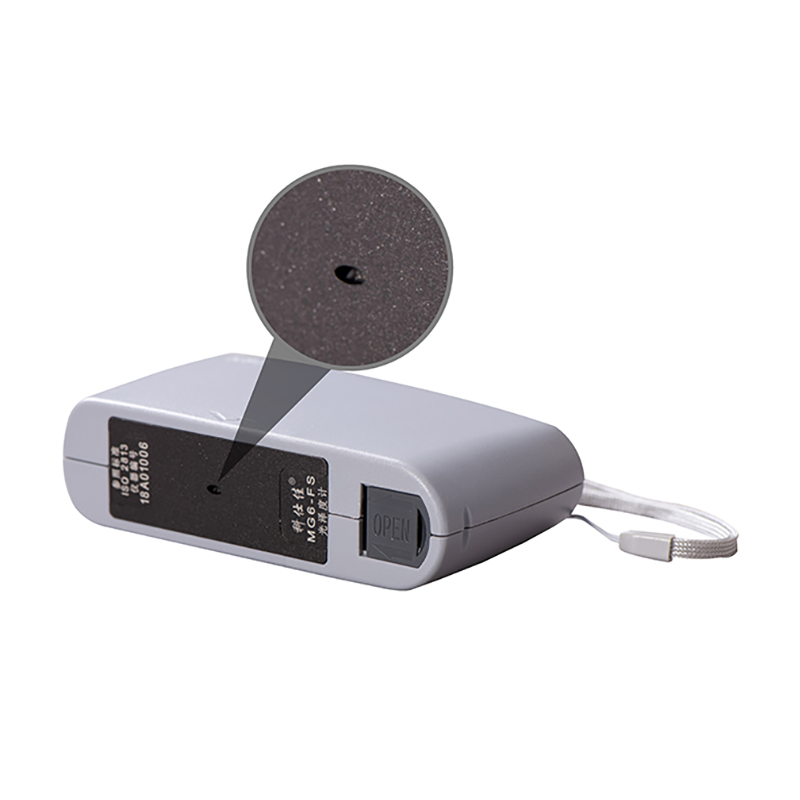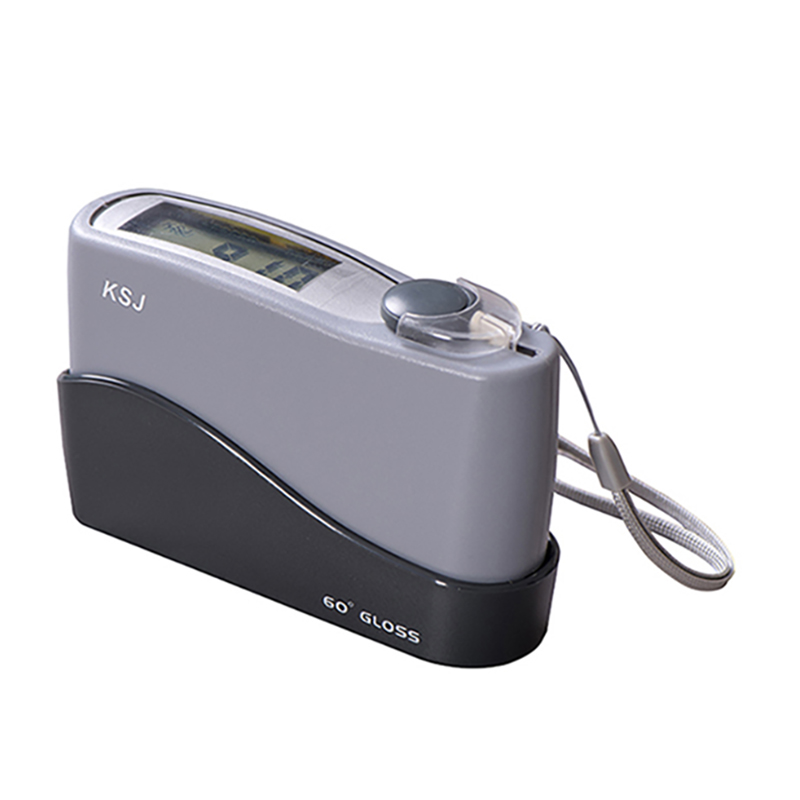头部邮箱+阿里巴巴
E-mail: sales@ksj.cn 

Enter search content

NEWS
News
Hot Products
Tri Gloss Meter: The Ultimate Guide to Electronic Components in the Photonic Devices Sector
- Time of issue:2023-09-28
(Summary description)Discover the ins and outs of the Tri Gloss Meter and its applications in the electronic components industry, specifically in the field of photonic devices. Gain valuable technical knowledge to assist
Tri Gloss Meter: The Ultimate Guide to Electronic Components in the Photonic Devices Sector
(Summary description)Discover the ins and outs of the Tri Gloss Meter and its applications in the electronic components industry, specifically in the field of photonic devices. Gain valuable technical knowledge to assist
- Categories:Industry news
- Author:
- Origin:
- Time of issue:2023-09-28 09:42
- Views:0
Introduction:
Welcome to our comprehensive guide on the Tri Gloss Meter, a crucial tool in the realm of electronic components, more specifically in the field of photonic devices. In this article, we will delve into the technical aspects of this device, its functionalities, and its applications in various industries. Whether you are a professional in the field or simply interested in learning more about cutting-edge technology, this guide will provide you with valuable insights.
1. What is a Tri Gloss Meter?
A Tri Gloss Meter, also known as a glossmeter, is a sophisticated instrument used to measure the glossiness of a surface. It evaluates the reflectance properties of different materials, allowing professionals to assess the quality, appearance, and texture of the surface. This device is particularly important in the photonic devices sector, where accurate gloss measurements are crucial for producing high-quality components.
2. How does a Tri Gloss Meter work?
The Tri Gloss Meter operates by emitting a beam of light onto the surface being analyzed. The light reflects back onto the instrument's receiver, which measures the intensity and angle of the reflected light. Based on these measurements, the device calculates gloss values, such as glossiness, specular reflection, and haze, providing objective and consistent results.
3. Applications in the electronic components industry:
The Tri Gloss Meter plays a vital role in the quality control and manufacturing processes of electronic components, specifically in the photonic devices sector. Here are some key applications:
a. Optics and lenses: Gloss measurements are crucial in the production of lenses, ensuring optimal optical performance and reducing surface imperfections that may impact light transmission.
b. Display panels: Gloss evaluation is essential in the manufacturing of display panels, such as LCD, OLED, or LED screens, to enhance image quality, reduce glare, and improve overall user experience.
c. Optical filters and coatings: The Tri Gloss Meter assists in determining the effectiveness and quality of various optical filters and coatings used in photonic devices, helping to optimize their performance.
4. Advantages of using a Tri Gloss Meter:
By incorporating a Tri Gloss Meter into your quality control processes, you can benefit from the following advantages:
a. Accurate gloss measurement: The device provides precise, objective, and repeatable results, ensuring consistency in production.
b. Enhanced product quality: By fine-tuning gloss levels, manufacturers can enhance the appearance and performance of their electronic components, thereby increasing customer satisfaction.
c. Streamlined manufacturing processes: With real-time gloss measurements, manufacturers can identify and rectify any surface imperfections promptly, reducing production errors and waste.
Conclusion:
In conclusion, the Tri Gloss Meter is an indispensable tool in the electronic components industry, particularly in the photonic devices sector. Its ability to accurately measure gloss levels plays a crucial role in ensuring the quality, performance, and appearance of various components. By leveraging this technology, professionals in this field can optimize their manufacturing processes, enhance product quality, and ultimately deliver exceptional electronic components to their customers.
Scan the QR code to read on your phone

After eighteen-years’development, KSJ Glossmeters have been widely used all over the world in gloss measuring of paintwork, decorative materials, woodenwares, ceramic, printing ink, paper, as well as metal polishing and depositing. And becoming the first choice for experts in the above fields.
Online Message
Contact Us



















